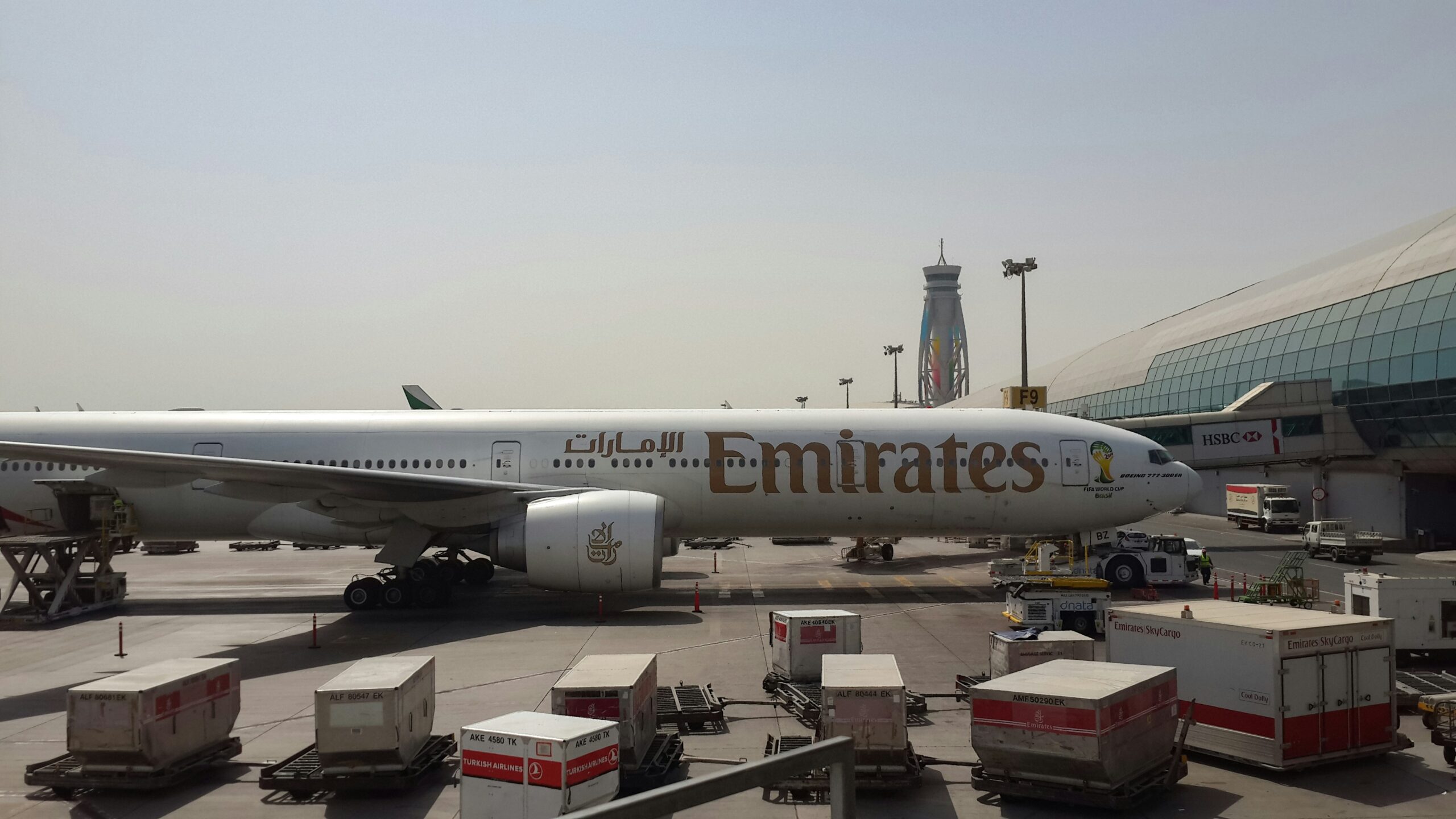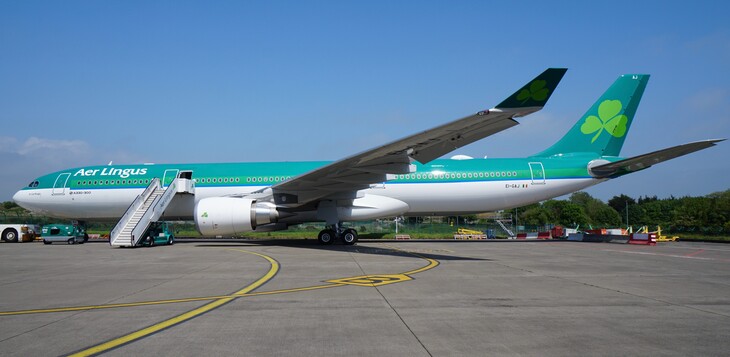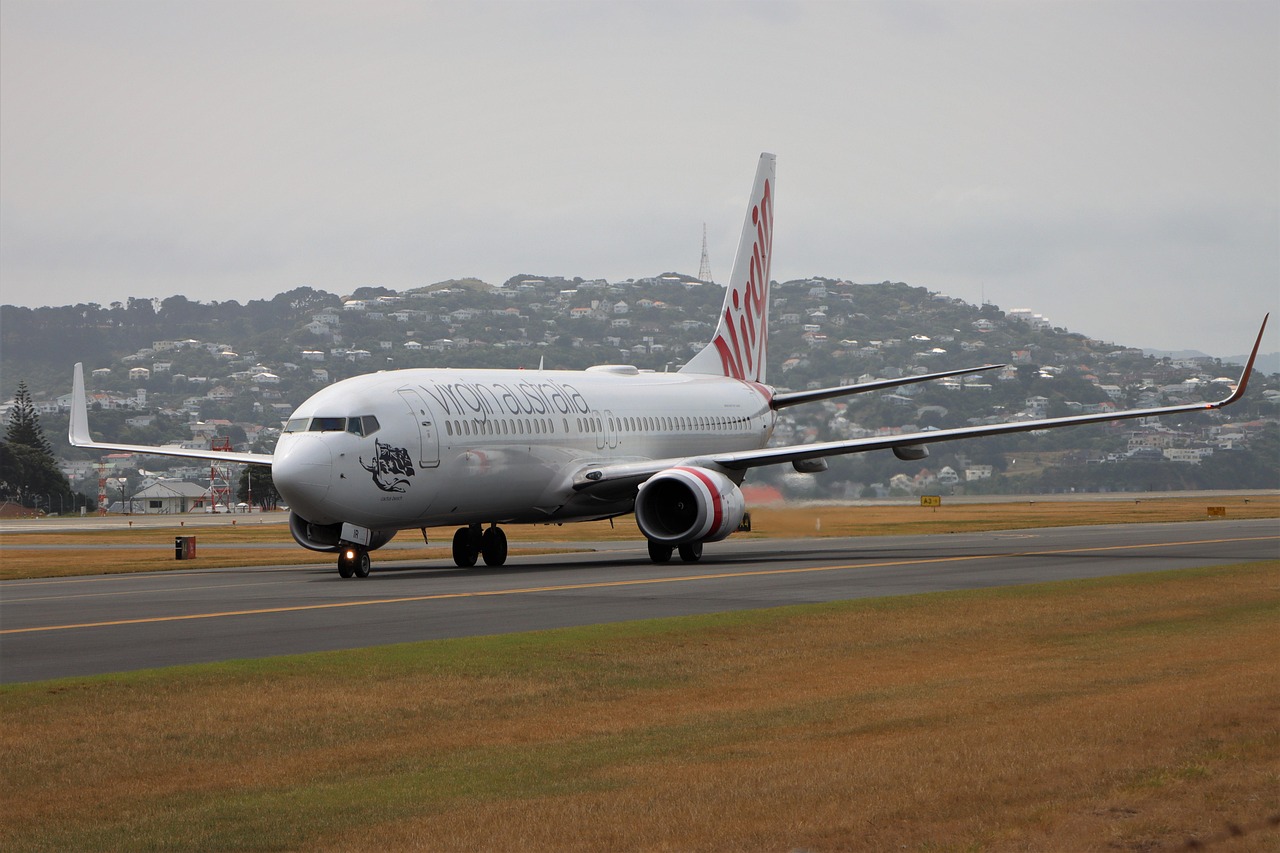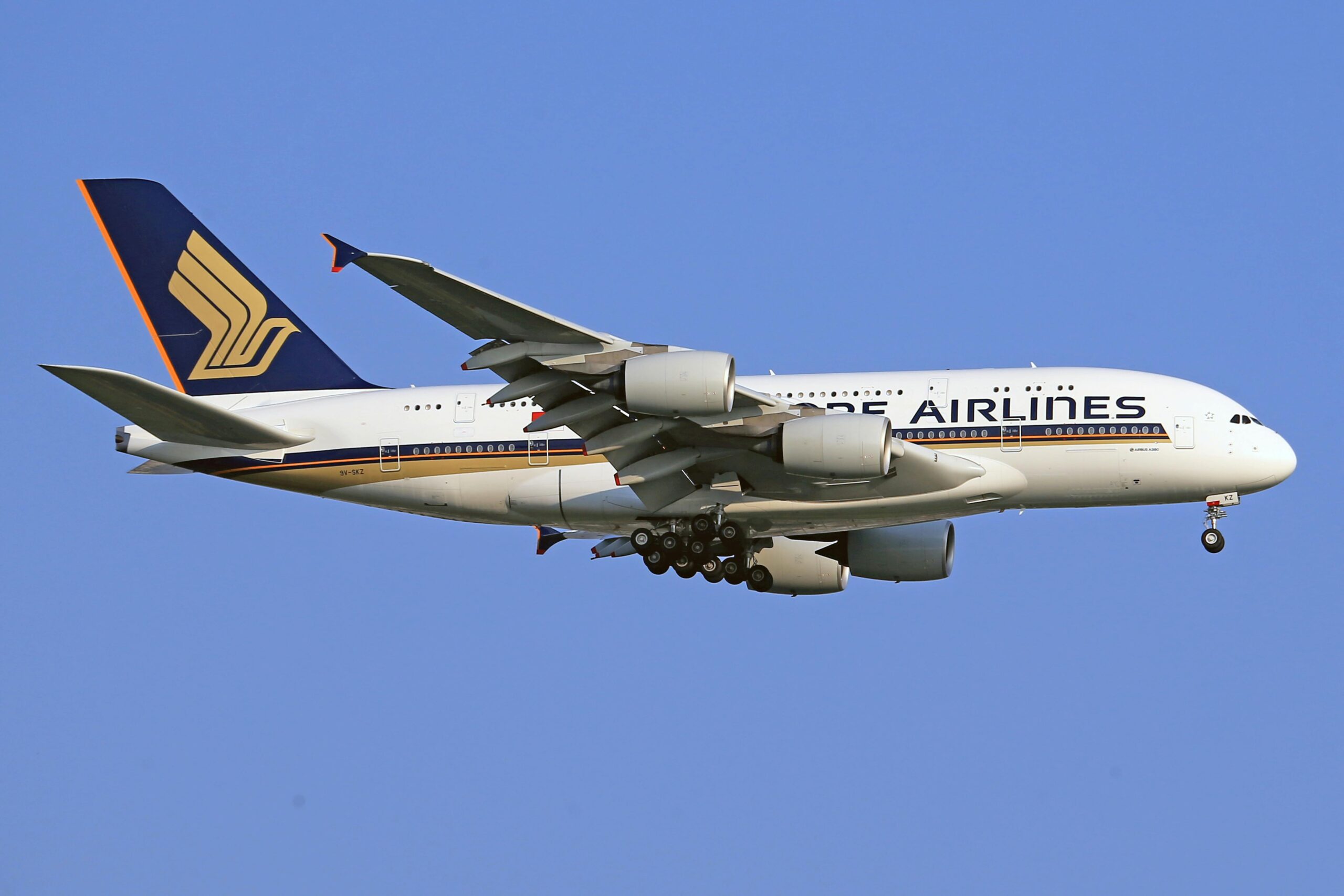Emirates has suspended several important routes as Middle East tensions escalate rapidly. In response to recent Israeli airstrikes on Iran, the airline immediately cancelled flights to Iraq, Iran, Jordan, and Lebanon. Consequently, flight schedules at Dubai International and Al Maktoum airports saw major changes.
As conflict expanded, airspace over Syria, Iran, and Iraq closed suddenly. Therefore, Emirates had no choice but to reroute or cancel many flights. This left travelers stranded or scrambling for alternatives. Additionally, those using Dubai as a layover between Europe, Asia, and Africa also faced significant delays.
The airline reacted fast, but disruptions continued to grow. Because of restricted airspace, Emirates adjusted operations daily. For example, it increased customer service resources to help passengers rebook or find hotel stays. Yet, despite their efforts, many travelers still dealt with confusion and uncertainty.
Moreover, this situation affected not only passengers but also the airline’s finances. Emirates had to handle extra costs from hotel bookings, refunds, and compensations. At the same time, travelers paid inflated prices to rebook flights or stay longer in Dubai.
Airports across the region faced operational chaos. While Dubai remains a strong global hub, it now struggles with changing flight paths and rising traveler stress. As a result, Emirates continues to adapt, updating schedules and avoiding risk zones.
Looking forward, the airline industry must prepare for more instability. If tensions grow, global routes may shrink further. Travelers might start choosing safer destinations. Similarly, airlines will likely redirect flights around unstable areas.
Clearly, the conflict reshaped aviation in real time. Emirates, at the center of it all, continues to navigate these changes while maintaining service for global passengers.
Related stories:
Catch up on the top stories and travel deals by subscribing to our newsletter!











Leave a Reply